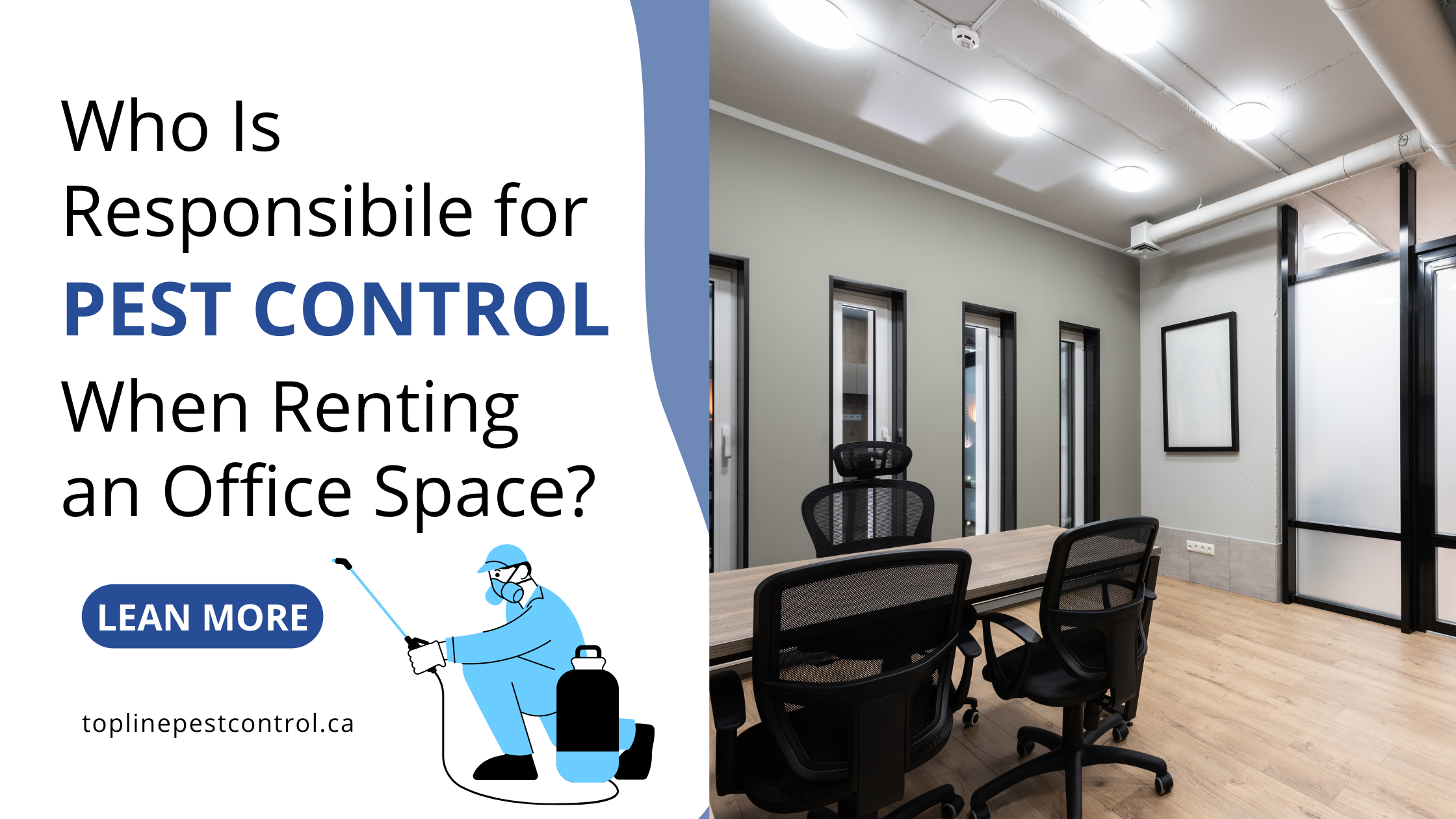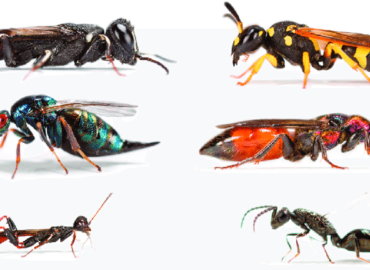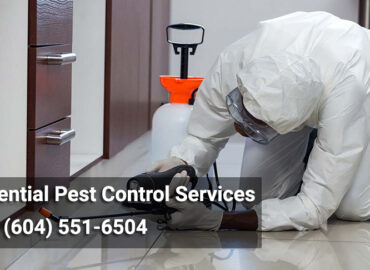Pest control is an important part of maintaining a clean environment in any business setting. It helps prevent pests from spreading disease and makes your workspace safe for employees. You may be wondering who is responsible for pest control while renting office space. Read on to find out!
The Landlord May Be Liable For Any Damage Caused By Insects or Rodents.
If you rent an office space, you may be liable for any damage caused by insects or rodents. This includes damages such as holes in walls or ceilings, damaged furniture, and even structural damage.
The Tenant May Have To Pay For Repairs Or Cleanup Costs.
It’s important to note that tenants are usually responsible for paying for repairs or cleanup costs when pests cause damage. However, landlords may also be held accountable for these expenses. In some cases, landlords may be required to pay for repairs or cleanup costs if they knew or should have known about the problem before signing the lease agreement.
Both Parties May Need To Take Steps To Prevent Future Problems.
If you rent office space, you may need to take steps to prevent future problems with pests. This includes making sure there aren’t any holes in the walls or other areas where pests could enter. Additionally, you may need to make sure that your building has good ventilation systems so that pests cannot build up inside.
The Landlord May Be Responsible for Pest Control.
In some cases, landlords may be responsible for pest control when renting office space. However, this responsibility varies by state. It depends on whether the landlord owns the property, whether the tenant pays rent directly to the owner, and whether the lease states that the landlord will provide pest control services.
The Tenant May Be Responsible for Some Pest Control.
If the landlord owns the building, then he or she may be responsible for pest management. This includes things like termite treatment, rodent removal, and other measures to keep pests away from the premises.
If the tenant pays rent directly into the landlord’s account, then the landlord may not be responsible for pest control. However, if the lease states that the tenant must pay for pest control, then the landlord may be responsible for providing these services.




